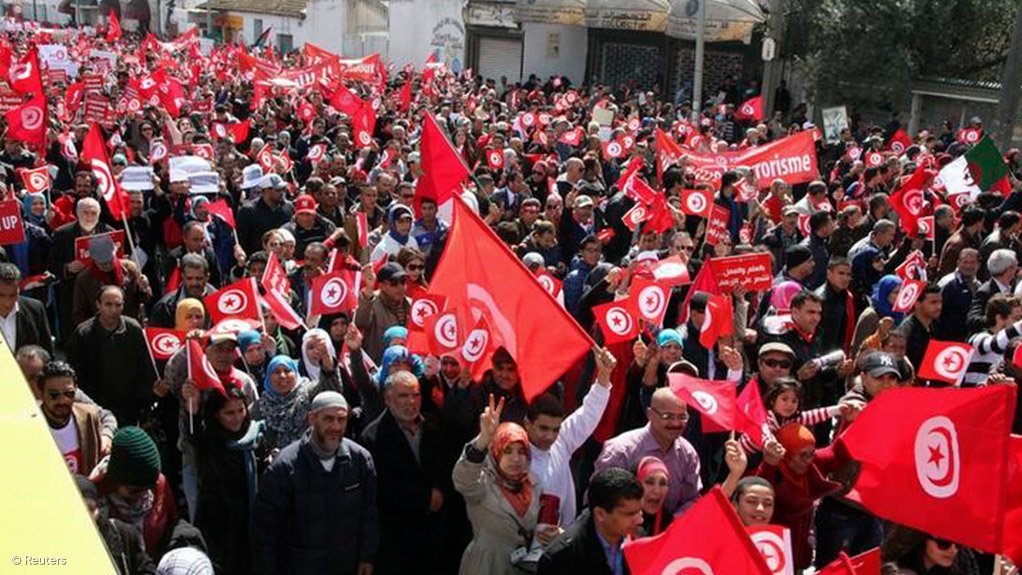Tunisia’s designated Prime Minister Elyes Fakhfakh on Wednedsay named a new coalition government after reaching an agreement with Ennahda moderate Islamist Party, the biggest power in Parliament, ending an ongoing political crisis of four months.
With this agreement, the proposed government will likely win a confidence vote in Parliament in coming days and the country will avoid an early election.
Fakhfakh proposed the line-up of a new government on Saturday and then said negotiations would continue after Ennahda party sought some changes.
President Kais Saied said on Monday he would dissolve parliament and call for an early election if the new government failed to win a parliamentary confidence vote.
Fakhfakh submitted a list of cabinet nominees to President Saied, with Nizar Yaich as finance minister, Nourredine Erray as foreign minister and Imed Hazgui as defence minister.
The proposed government must be approved by the deeply fragmented parliament in next days.
Among the other proposed ministers in his cabinet are Mongi Marzouk as energy minister, Mohamed Ali Toumi as tourism minister and Thouraya Jribi as Justice minister.
Fakhfakh previously said he wants a government based on the values of the 2011 revolution that would address unemployment and improve public services.
The cabinet proposed include Ennahda, Tahya Tounes, Achaab , Attayar, El Badil parties and independents.
Tunisia faces a series of long-term economic challenges which threaten to undermine public trust in the young democracy, and which demand political decisions that could be unpopular.
Tunisian officials said the IMF is waiting for the new government to start talks over a sixth review of its IMF loan programme. Tunisia needs to borrow about $3-billion internationally in 2020 to meet spending commitments.
Since the 2011 revolution, unemployment has been high and growth low, while the government has sunk further into debt with a series of big budget deficits that foreign lenders demand it bring under control.
Elections in September and October returned Saied, a political independent, as president, and a parliament in which Ennahda held fewer than a quarter of the seats.
EMAIL THIS ARTICLE SAVE THIS ARTICLE
To subscribe email subscriptions@creamermedia.co.za or click here
To advertise email advertising@creamermedia.co.za or click here











